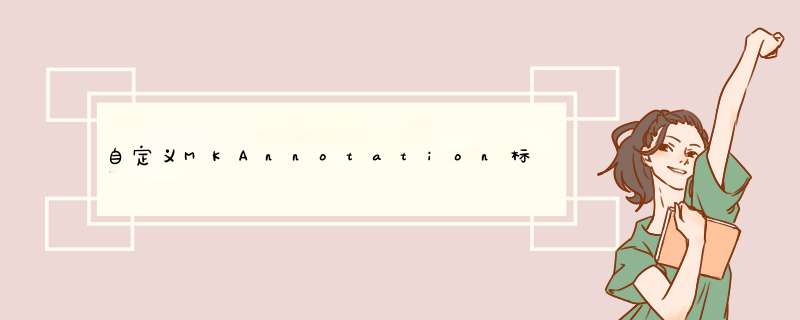
首先应注意,通过简单地调整系统提供的标注的属性,但
自定义左右附件(通过rightCalloutAccessoryView和leftCalloutAccessoryView),就可以对标注进行最简单的更改。您可以在中进行配置viewForAnnotation。
从iOS 9开始,我们可以使用detailCalloutAccessoryViewwhich来用可能具有丰富视觉效果的视图替换标注的字幕,同时仍然享受标注气泡的自动呈现(使用自动布局可使此 *** 作变得更容易)。
例如,这是一个标注,用于 在细节标注附件中为图像视图MKSnapshotter提供图像
,如WWDC 2015视频 MapKit 的新增功能
您可以通过以下方式实现此目的:
class SnapshotAnnotationView: MKPinAnnotationView { override var annotation: MKAnnotation? { didSet { configureDetailView() } } override init(annotation: MKAnnotation?, reuseIdentifier: String?) { super.init(annotation: annotation, reuseIdentifier: reuseIdentifier) configure() } required init?(prer aDeprer: NSCoder) { super.init(prer: aDeprer) configure() }}private extension SnapshotAnnotationView { func configure() { canShowCallout = true configureDetailView() } func configureDetailView() { guard let annotation = annotation else { return } let rect = CGRect(origin: .zero, size: CGSize(width: 300, height: 200)) let snapshotView = UIView() snapshotView.translatesAutoresizingMaskIntoConstraints = false let options = MKMapSnapshotter.Options() options.size = rect.size options.mapType = .satelliteFlyover options.camera = MKMapCamera(lookingAtCenter: annotation.coordinate, fromDistance: 250, pitch: 65, heading: 0) let snapshotter = MKMapSnapshotter(options: options) snapshotter.start { snapshot, error in guard let snapshot = snapshot, error == nil else { print(error ?? "Unknown error") return } let imageView = UIImageView(frame: rect) imageView.image = snapshot.image snapshotView.addSubview(imageView) } detailCalloutAccessoryView = snapshotView NSLayoutConstraint.activate([ snapshotView.widthAnchor.constraint(equalToConstant: rect.width), snapshotView.heightAnchor.constraint(equalToConstant: rect.height) ]) }}当然,您随后将在地图中注册该注释视图,并且完全
mapView(_:viewFor:)不需要:
mapView.register(SnapshotAnnotationView.self, forAnnotationViewWithReuseIdentifier: MKMapViewDefaultAnnotationViewReuseIdentifier)
如果您希望对标注进行更彻底的重新设计,或者需要
支持9之前的iOS版本,则需要进行更多工作。该过程需要(a)
禁用默认标注;(b)当用户点击
现有注释视图(即地图上的可视图钉)时添加您自己的视图。
然后,标注的设计就变得很复杂,您必须在其中绘制想要显示的所有内容。例如,如果您想绘制气泡以产生呼出的d出效果,则必须自己完成。但是,对于如何绘制形状,图像,文本等有所了解,您应该能够
渲染实现所需UX的标注:
自定义标注
只需将视图添加为注释视图本身的子视图,然后相应地调整其约束即可:
func mapView(_ mapView: MKMapView, didSelect view: MKAnnotationView) { let calloutView = ... calloutView.translatesAutoresizingMaskIntoConstraints = false calloutView.backgroundColor = UIColor.lightGray view.addSubview(calloutView) NSLayoutConstraint.activate([ calloutView.bottomAnchor.constraint(equalTo: view.topAnchor, constant: 0), calloutView.widthAnchor.constraint(equalToConstant: 60), calloutView.heightAnchor.constraint(equalToConstant: 30), calloutView.centerXAnchor.constraint(equalTo: view.centerXAnchor, constant: view.calloutOffset.x) ])}见https://github.com/robertmryan/CustomMapViewAnnotationCalloutSwift为
创建自己的标注视图的一个例子。这仅添加了两个标签,但它说明了您可以绘制所需形状的气泡,使用
约束来指定标注大小等事实。
欢迎分享,转载请注明来源:内存溢出

 微信扫一扫
微信扫一扫
 支付宝扫一扫
支付宝扫一扫
评论列表(0条)